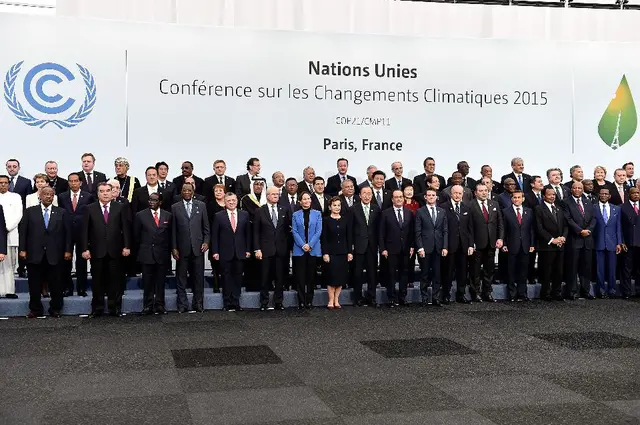We all know that sports can be the lubricant for politics, but almost nobody expected that the relationship between The Democratic People's Republic of Korea (DPRK) and the Republic of Korea (ROK) would get better after the PyeongChang Winter Olympics.
However, politics is always unpredictable. A visit from a South Korean delegation to the DPRK achieved positive results with talks between the two leaders now scheduled for the end of April. Furthermore, the DPRK expressed a willingness to begin a dialogue with the US. The DPRK has even promised never to use nuclear weapons against the ROK.
This breakthrough is good news for peace and stability in the region. We have seen the DPRK and
the ROK join hands in the Olympics arena, and we have seen them join hands on political issues.
Chung Eui-yong (L), South Korea's national security adviser, meets DPRK leader Kim Jong Un in Pyongyang on March 5, 2018.
The DPRK, have shown an excellent display of public diplomacy at the PyeongChang Winter Olympics, which gets president Moon's “Moonshine Policy” off to a great start.
However, we should be careful not to be too optimistic when it comes to the Korean Peninsula, because
issues are incredibly complicated there. Issues on the Peninsula are not just a matter between the
Pyongyang
and Seoul, there is a complex web involving at least six parties, among which, the role of the US is of upmost importance.
In a word, it's now time for President Trump to make a decision on whether to have talks with DPRK leader Kim Jong Un.
At the time of writing, it seems that the policy of strategic patience is over. Instead, the US remains tough on the DPRK. The US and its Western allies realize that imposing sanctions is the only way to push Kim back to the negotiation table and discuss nuclear issues.
The 15 members are seen voting in favor of the draft resolution at a United Nations Security Council meeting at UN Headquarters regarding nuclear non-proliferation in light of the September 3 missile test by DPRK on September 11, 2017 in New York, USA
The question is, when is enough really enough? Now that Kim is willing to negotiate, should Western countries
change their stance on sanctions? The US seem to think the DPRK is merely trying to avoid sanctions.
So the real problem is between the US and the DPRK. The key to solving this lies in whether they can build a mutual trust.
As a quick response, the US have said that they will not change their maximum pressure campaign until they see “credible, verifiable, and concrete steps toward denuclearization.”
Therefore, the next step depends on if the ROK can persuade the US to change or soften its stance.
A proverb in East Asia goes that the whole year's work depends on a good start in spring. The window for negotiation is open. We see an opportunity.
Mr. Trump firmly believes that the DPRK won't abandon nuclear weapons. And we all know that. But now the question is how to deal with Kim’s “smile diplomacy” and “peace diplomacy”, and that is a serious problem.
(CGTN)
 简体中文
简体中文

